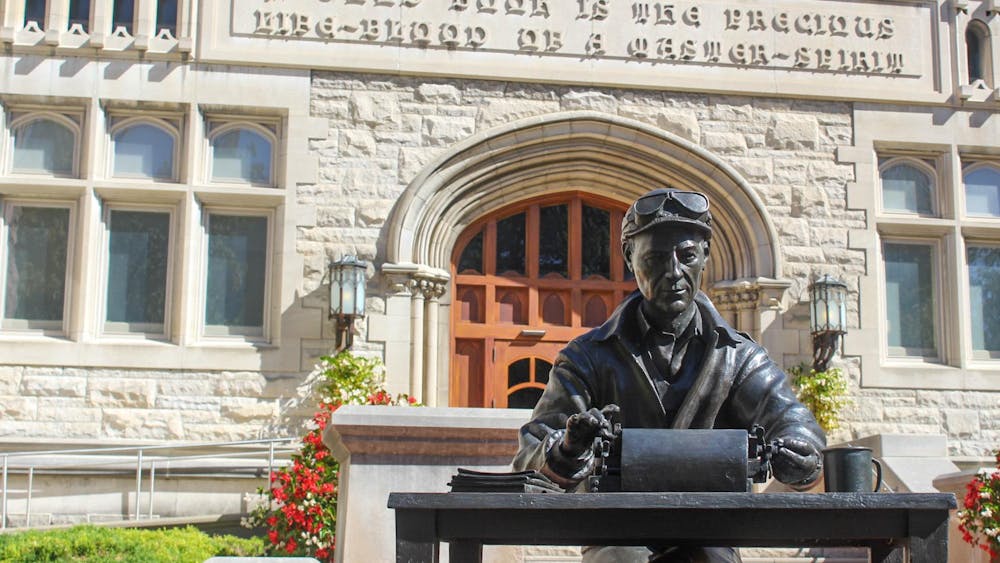The United States Congress was rated on job performance and slipped to an overall grade of D for 2016 from a C-minus in 2015. Experts were asked to analyze Congress by the Indiana University Center on Representative Government.
Experts from around the country graded Congress on an A to F grading scale. The highest reported grade was a B for legislators who were making efforts to be accessible to their constituents, according to an IU press release.
Lee Hamilton, a professor of practice at IU and former U.S. Representative, D-Indiana, for 34 years, explained these low scores and said Congress is suffering from a lack of policy making.
“Congress is not dealing with the issues people want addressed,” Hamilton said. “It’s too timid.”
The public, was also graded and has historically done poorly, received D grades for failing to understand how major features of Congress work and for not following what happens in Congress, according to the press release.
The public was also given a C-minus for “voting in congressional elections” and C grades for “contacting their members of Congress on issues that concern them.”
Media coverage of Congress was marked with a D-plus grade, and a C-minus was given to education system for its efforts in promoting an understanding Congress.
Hamilton pointed to ideological posturing and and intense partisanship as two of the major factors in the low scores for Congress. He said the American people are pragmatic and want to see progress but the House and Senate are devoted to ideological posturing which doesn’t fix problems.
Looking back at his own time in Congress, Hamilton said the difference was that while he disagreed with some opponents, his “premise” was the problem had to be solved no matter what.
“We have to agree on something to solve the problem in front of us,” Hamilton said. “That’s hard work but absolutely essential.”
When the survey was conducted in 2015, 15 percent of experts believed Congressional polarization would increase, but that percentage has increased to almost 40 percent in 2016.
Hamilton said the situation is difficult and it’s hard to see how it will get better soon, but he does believe Congress is full of good politicians wanting to build consensus. He said the mentality has to change so legislators want to solve the problems facing them and all Americans. Visible effort on the part of legislators will be important moving forward, Hamilton said.
“The American people are, at the end of the day, very pragmatic,” Hamilton said. “They don’t expect miracles.”





